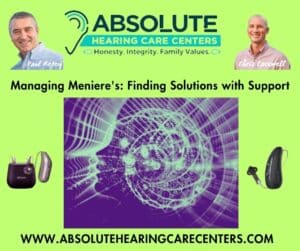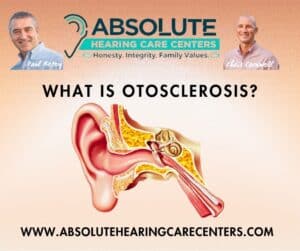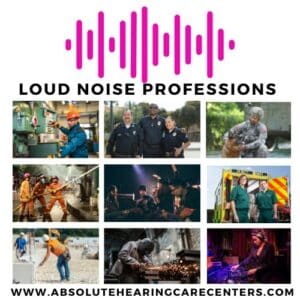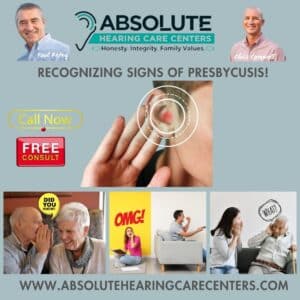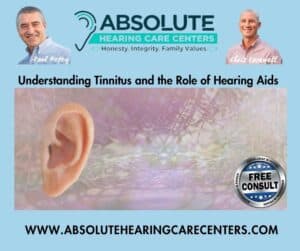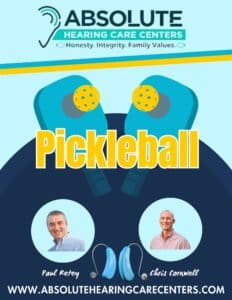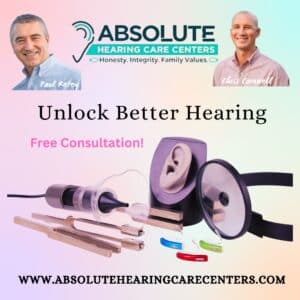Navigating Acoustic Neuroma: Understanding the Journey to Better Hearing Health
Acoustic Neuroma – it’s a term that might not be familiar to everyone, but its impact can be profound for those who experience it. This noncancerous tumor develops on the nerve that connects the inner ear to the brain, and its effects can vary depending on factors like size and location. In this blog, we’ll delve into what Acoustic Neuroma is, its symptoms, and how individuals can navigate this journey towards better hearing health.
Understanding Acoustic Neuroma Acoustic Neuroma, also known as vestibular schwannoma, is a slow-growing tumor that develops on the vestibular nerve, which connects the inner ear to the brain. While it’s typically noncancerous, its growth can lead to a range of symptoms that affect hearing, balance, and overall well-being.
Recognizing the Symptoms One of the challenges with Acoustic Neuroma is that its symptoms can be subtle and develop gradually over time. Common signs include:
Hearing Loss: Individuals may experience gradual hearing loss, often in one ear initially, which can progress over time.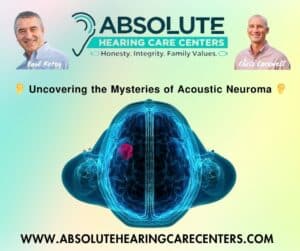
Tinnitus: Persistent ringing, buzzing, or hissing in the ear can be a hallmark symptom of Acoustic Neuroma.
Balance Problems: Dizziness, vertigo, or feeling unsteady can indicate the involvement of the vestibular nerve.
Managing Acoustic Neuroma The management of Acoustic Neuroma typically involves a multidisciplinary approach, tailored to each individual’s unique circumstances. Among the management strategies:
Hearing Aids: For those experiencing hearing loss, hearing aids can be an invaluable tool in improving communication and quality of life.
Observation: In some cases, especially when the tumor is small and not causing significant symptoms, a “wait and watch” approach may be recommended.
Radiation Therapy or Surgery: For larger tumors or those causing severe symptoms, treatment options such as radiation therapy or surgical removal may be considered.
Taking the Next Step If you or someone you know is experiencing symptoms suggestive of Acoustic Neuroma, seeking medical advice is crucial. Early detection and intervention can make a significant difference in managing the condition and preserving hearing health.
At Absolute Hearing Care Centers, we understand the importance of personalized care and support for individuals navigating Acoustic Neuroma. That’s why we offer FREE consultations with our Board Certified Licensed Hearing Aid Specialists. Our team is dedicated to providing compassionate, comprehensive care to help you on your journey to better hearing health.
Don’t let Acoustic Neuroma hold you back from enjoying life to the fullest. Take the first step towards better hearing health today by scheduling your consultation at Absolute Hearing Care Centers. Let’s work together to raise awareness and support each other on this journey towards better hearing health! #AcousticNeuromaAwareness #BetterHearingHealth #AbsoluteHearingCareCenters
